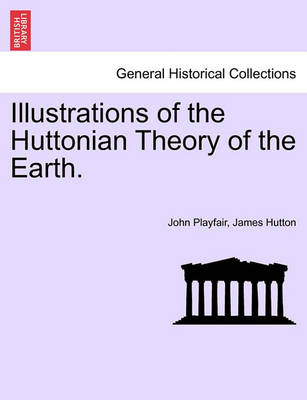Cambridge Library Collection - Earth Science
2 total works
John Playfair (1748-1819) was a Scottish mathematician and geologist best known for his defence of James Hutton's geological theories. He attended the University of St Andrews, completing his theological studies in 1770. In 1785 he was appointed joint Professor of Mathematics at the University of Edinburgh, and in 1805 he was elected Professor of Natural Philosophy. This highly influential book, first published in 1802, contains Playfair's clarification and summary of Hutton's geological concepts. Playfair concisely explains Hutton's theories on erosion and geothermal heat in rock formation and the concept of uniformitarianism in geology, illustrating these theories with his own precise observations on different types of rock strata. The clarity of Playfair's explanations was instrumental in popularising Hutton's geological theories, many of which are now recognised as key principles of modern geology. Playfair's strident defence of Hutton's ideas formed part of a controversial debate between Hutton's supporters and his detractors.
James Hutton (1726–1797) was an eminent Scottish scientist known chiefly for his work in geology. Educated at Edinburgh University, Hutton then travelled to Europe to study medicine before going into industry. He spent over a decade farming his family property in Scotland before returning to academic and commercial life. Hutton became an established geologist who also published on chemistry, meteorology and philosophy as an active member of the Edinburgh Royal Society. This volume, first published in 1805, is a detailed and affectionate chronicle of Hutton's life by his close friend, geologist and mathematician John Playfair. The author recounts Hutton's academic career, speculates on the motivation behind his foray into farming and includes a detailed discussion of his main geological theories. With little of Hutton's correspondence and papers surviving, this account by an intimate contemporary is the key resource for studying the life of an intriguing figure in scientific history.

